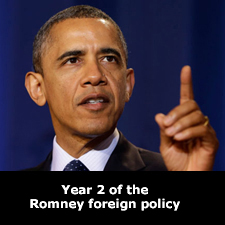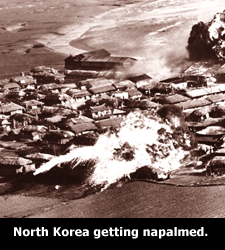These grim days remind me a bit of the far worse days of late 2001, when our nation was reeling from the 9/11 terror attacks and the world seemed to be falling in on itself. (It happened that my family life was imploding at the same time, but that’s another story.) I guess what reminds me most of that time is the visceral fear evident not only in mass media culture but in everyday life. People are scared, very scared about some relatively minor threats, while at the same time seemingly unconcerned about the real dangers facing us.
 This is a cultivated disconnect, certainly no accident. Every day, the news media hammer away at the threat of Ebola, of ISIS, of Russia, and to a lesser extent North Korea and Iran. In the case of the former, we’re reaching a near hysteria about a virus that has affected only a handful of Americans, and only three cases in the U.S. The public has been worked up into such a lather that politicians are falling over themselves to try to benefit from it, take advantage of it, channel it in some way that is useful to them. One only wishes we could evoke this sort of reaction on actual threats, like our disastrous automotive transportation system that kills over 30,000 of us a year.
This is a cultivated disconnect, certainly no accident. Every day, the news media hammer away at the threat of Ebola, of ISIS, of Russia, and to a lesser extent North Korea and Iran. In the case of the former, we’re reaching a near hysteria about a virus that has affected only a handful of Americans, and only three cases in the U.S. The public has been worked up into such a lather that politicians are falling over themselves to try to benefit from it, take advantage of it, channel it in some way that is useful to them. One only wishes we could evoke this sort of reaction on actual threats, like our disastrous automotive transportation system that kills over 30,000 of us a year.
I only raise that particular example because it’s the 24th anniversary of my brother’s death behind the wheel of a crappy, very common unsafe-at-any-speed vehicle. There are far greater threats, though – those of climate change and of nuclear war, for instance. The former we cannot bring ourselves to seriously address; the latter we have discounted and essentially forgotten, unless our attention is turned to an official enemy, like Iran or North Korea. If our news media were reporting on these issues the way they report on a hemorrhagic African virus that’s not half as contagious as the flu, we might ultimately feel motivated to do something about them. So far, no potato.
We are probably the most fearful people ever to run an empire. It’s something we need to overcome, so that we can arrive at the kind of clarity we need to see what actually confronts us.
luv u,
jp



 Jump forward about a week. India launches its AGNI-V A5 ICBM, what is indisputably a ballistic missile. Their officials brag that it is capable of carrying nuclear warheads and that it can reach Beijing or Shanghai – two major cities in a nation India fought a war with in 1962. The reaction over here? Crickets. Serious crickets. Ho-hum. Boys will be boys. Now this week, Pakistan (which has fought three wars with India) launches their latest ballistic missile. Here is the report from the Daily News:
Jump forward about a week. India launches its AGNI-V A5 ICBM, what is indisputably a ballistic missile. Their officials brag that it is capable of carrying nuclear warheads and that it can reach Beijing or Shanghai – two major cities in a nation India fought a war with in 1962. The reaction over here? Crickets. Serious crickets. Ho-hum. Boys will be boys. Now this week, Pakistan (which has fought three wars with India) launches their latest ballistic missile. Here is the report from the Daily News: Korea invading Korea – but not on the devastating attack we mounted against them. Christine Ahn of the Korea Policy Institute spoke to this fact on
Korea invading Korea – but not on the devastating attack we mounted against them. Christine Ahn of the Korea Policy Institute spoke to this fact on